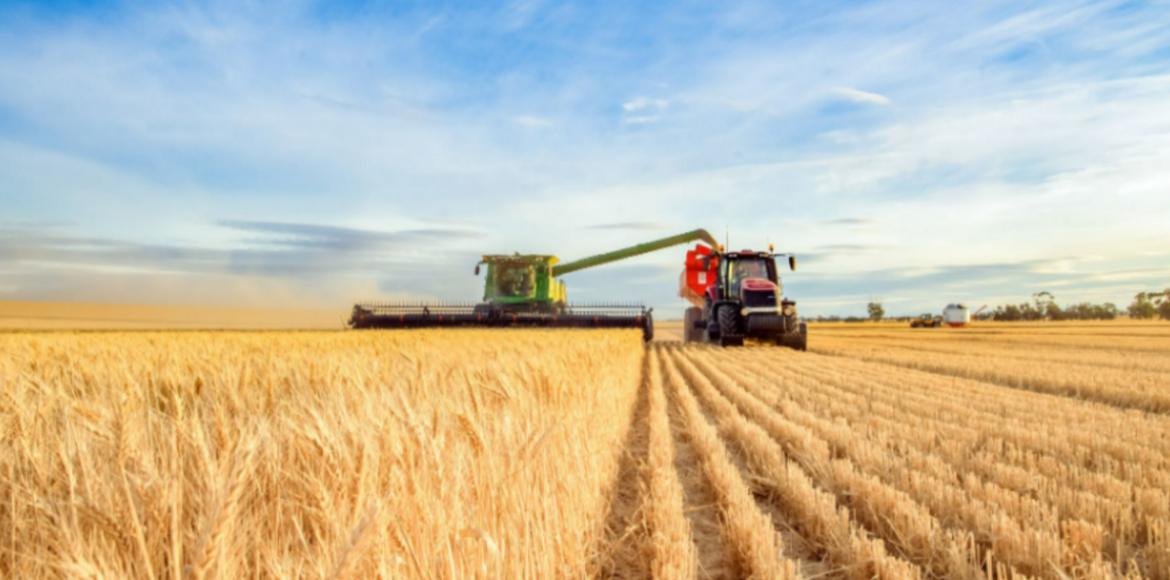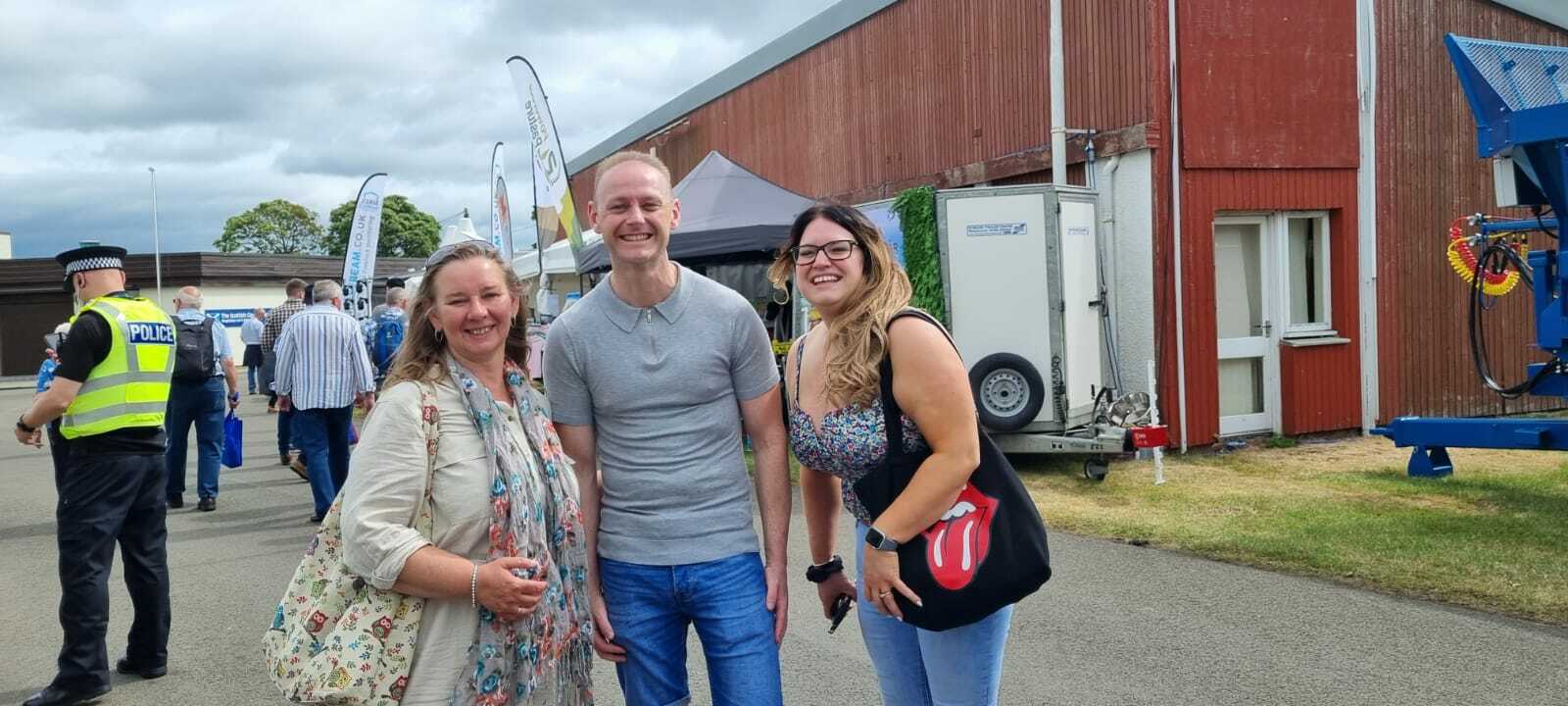When it comes to agriculture, no two regions of the UK are the same. It’s a richly diverse sector shaped by the local environment, which is why we continue to maintain a strong regional presence, working closely with our broker partners to understand their rural client’s motor insurance needs.
Here, Matt Evans, Regional Trading Underwriter for Wales, shares his thoughts on the market trends, opportunities and challenges within his region and where he believes brokers can thrive in 2022 and beyond.
What sort of farms and agri businesses do you typically encounter?
We support a lot of traditional Welsh beef and sheep farms. Arable farming is limited to the South East and North East of Wales, the Welsh Marches, coastal fringes and river valleys. There’s a little bit of tourism too, providing farms with a supplementary source of income.
In addition to farming, I see a lot of rural businesses made up of smallholders, agricultural contractors and groundworkers, as well as a smaller number of garden centres.
What service do you provide brokers?
The region prioritises service above everything else, so my goal is to key in and issue the vast majority of all quotes as soon as they come in, as well as offering an extremely quick turnaround on more complex requests.
It’s been a tough couple of years for the farming community, what do you see as the most enduring impact of Covid-19 on our agri customers?
Farm operations across Wales have been largely unaffected by the pandemic, although those who relied on diversification or farm shops had to stop trading during lockdown. Most of the farms we work with are smaller family-run businesses which have continued to trade well, reflected in our overall book size increasing in each of the past two years.
What are your agri customers most worried about right now?
The significant challenges are the post-Brexit reduction in subsidy payments (Basic Payment Scheme), coupled with the decrease in food exports to Europe.
Following Brexit, everyone is very focused on ways to improve sustainability and profit. However, there hasn’t been the same level of diversification in Wales compared to other regions of the UK. The activity we’re seeing is smaller scale – for example, farmers offering farm shops, landscaping, DIY Livery, B&Bs or building services.
No one should underestimate the scale of the challenge faced by farmers. Keeping a farm in business was already a tough job, and now operating costs are going up across the country. You just have to watch programmes like Clarkson’s Farm to understand the massive effort our farmers put in to generate the smallest returns.
And how are farms likely to be affected by the Government’s latest sustainability drive?
Sustainable food systems conserve energy and water, emphasise local production, decrease inputs, don’t require chemicals, use resources more efficiently and hold biodiversity and ecology in high regard. That’s quite an ask for Welsh farmers running smaller farms, who will find it difficult to turn a profit while behaving more sustainably unless there are further Government subsidies to support this transition.
One of the key inputs is fossil fuels to run farm machinery. Many of our customers hold on to vehicles for decades – it’s not uncommon to see tractors over 70 years old. These machines may have to be phased out as part of the sustainability drive, creating further costs for farmers at a time when green technology isn’t yet suitable for their needs.
The use of EVs in farming is pretty much limited to ATV/UTVs currently, and although hydro/methane tractors offer much reduced emissions, they are more expensive than current AVs, so although I predict growth for these type of vehicles, I expect adoption to be reasonably slow until the price comes down.
Why does ERS stand out as an attractive partner to brokers?
Our commitment to service excellence – which requires a keen understanding of the local markets in which we operate – is why brokers keep coming back to us.
Finally, how do you see agriculture in Wales evolving in the years ahead?
Leaving the EU has presented Wales with an opportunity to develop new practices that will help restore and maintain farming, rural communities and nature. Farmers are already looking at how they can change how they work to support high nature value farming such as organic farming, maintain the efficient production of nature-friendly products, and secure subsidies for ecosystem service schemes. Finding the right balance in this activity will be the key to success going forwards.
Building long term relationships with brokers is vital to our business. It’s a partnership, and by continuing to develop our regional knowledge and insight, we can be more informed and quicker with our responses to ensure we’re offering the right level of cover for the individual risk.
Looking for Agriculture or rural business motor cover in Wales?
Connect with Matt on LinkedIn here






